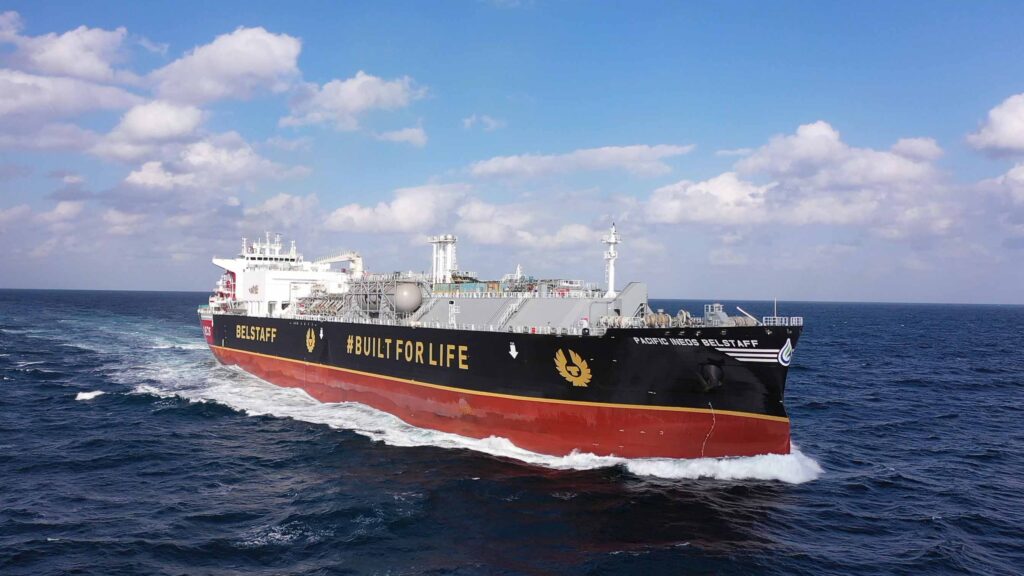Shipping goods from China to Germany can be complex. However, with the right tools and knowledge, it can also be efficient and cost-effective. This guide explains how to track vessel ETAs, choose a certified forwarder, and understand shipping regulations. Whether you’re managing shipments for a business or handling logistics, this guide will help you navigate key aspects of international shipping.
How to Track Real-Time Vessel ETA to Germany
Tracking your vessel’s estimated time of arrival (ETA) is crucial. It helps ensure your shipment arrives on time and without delays. Here’s how you can track it:
- Use Vessel Tracking Platforms: Platforms like MarineTraffic or VesselFinder allow you to track vessels in real time. They show your shipment’s position, speed, and ETA.
- Check with Your Shipping Carrier: Many certified forwarders and carriers provide tracking tools. You can enter your tracking or container number for updates on your vessel’s ETA.
- Set Up Notifications: Many systems let you set up alerts. These will notify you of any ETA changes or delays.
- Understand Port Procedures: Get familiar with port procedures in Germany. Knowing clearance times and potential delays can help you better understand the ETA’s reliability.
Certified Forwarder Germany from China
When shipping goods from China to Germany, a certified forwarder ensures a smooth process. They provide the expertise you need for timely and compliant delivery. Here’s why you should work with one:
- Ensure Compliance with Regulations: Certified forwarders help you follow Germany’s strict shipping laws. This reduces delays and penalties.
- Expertise in Customs Clearance: They are well-versed in both Chinese and German customs, minimizing the risk of delays.
- Reliable Shipping Solutions: Forwarders offer the best shipping methods. Whether it’s air or sea freight, they ensure your goods reach Germany on time.
Germany Shipping Regulations for Exporters
Exporters must understand Germany’s shipping rules to avoid issues. Here are some key regulations:
- Import Duties and Taxes: Germany follows EU rules for import duties and taxes. Know these costs and factor them into your budget.
- Packaging and Labeling Requirements: Products must meet EU packaging and labeling standards. This is especially important for chemicals or food items.
- Customs Documentation: Proper documentation is crucial. Ensure you have all necessary papers, like invoices and certificates of origin.
- Prohibited and Restricted Goods: Be aware of prohibited or restricted items. These include hazardous materials or counterfeit goods.

PAA (People Also Ask)
1. How can I track real-time vessel ETA to Germany?
You can track vessel ETAs with platforms like MarineTraffic or VesselFinder, or by checking with your shipping carrier for updates.
2. What is a certified forwarder for shipping from China to Germany?
A certified forwarder ensures your goods comply with shipping regulations and customs requirements. They also provide reliable shipping solutions.
3. What are Germany’s shipping regulations for exporters?
Key regulations include import duties and taxes, packaging and labeling requirements, customs documentation, and knowing which goods are restricted or prohibited.
4. How do I ensure my shipment arrives on time to Germany?
Use vessel tracking tools to monitor the real-time ETA. Work with certified forwarders for expert advice. Stay informed on any customs or port delays.
